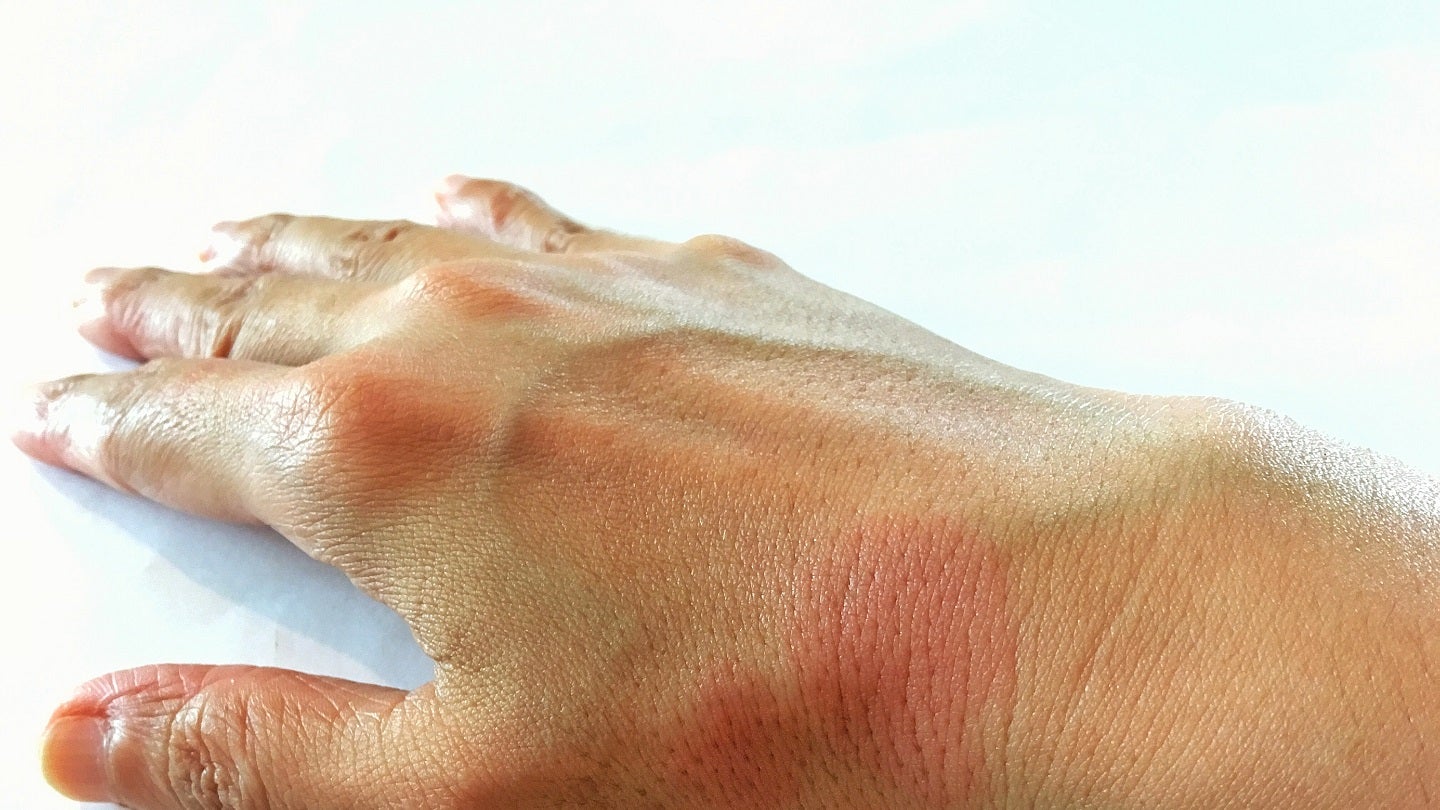
Biotechnology company Galapagos has randomised the first patient in the Phase II GALACELA clinical trial of the GLPG3667 drug to treat systemic lupus erythematosus (SLE), a chronic, inflammatory autoimmune disease.
The multi-centre, placebo-controlled, double-blind, randomised study intends to assess the safety, efficacy, tolerability, pharmacodynamics, and pharmacokinetics of selective tyrosine kinase 2 inhibitor GLPG3667 in adults with active SLE.

Discover B2B Marketing That Performs
Combine business intelligence and editorial excellence to reach engaged professionals across 36 leading media platforms.
Nearly 140 adults will receive GLPG3667 orally once a day or placebo for 32 weeks.
The primary endpoint of the trial is the proportion of patients achieving the SLE responder index (SRI)-4 response at week 32.
GALACELA’s secondary efficacy endpoints are the proportion of patients who achieve the British Isles Lupus Assessment Group (BILAG)-based Composite Lupus Assessment response and Lupus Low Disease Activity State at week 32.
Other secondary endpoints include the proportion of patients with >=50% reduction in Cutaneous Lupus Erythematosus Disease Area and Severity Index Activity score at week 16 and change from baseline in the 28-joint count for tender, swollen, or tender and swollen joints.

US Tariffs are shifting - will you react or anticipate?
Don’t let policy changes catch you off guard. Stay proactive with real-time data and expert analysis.
By GlobalDataGalapagos Immunology therapeutic area head Daniele D’Ambrosio said: “Although significant progress has been made in the management of SLE over the past decade, flares, morbidity, and mortality continue to remain a significant concern and quality of life is poor among patients living with SLE.
“We are excited about GLPG3667’s potential to make a meaningful difference for people living with SLE and look forward to advancing this candidate medicine in clinical development.”
The investigational GLPG3667 is not approved, and its efficacy and safety have not been completely assessed by any regulatory authority.
It is currently being assessed in a Phase II clinical trial for dermatomyositis.





